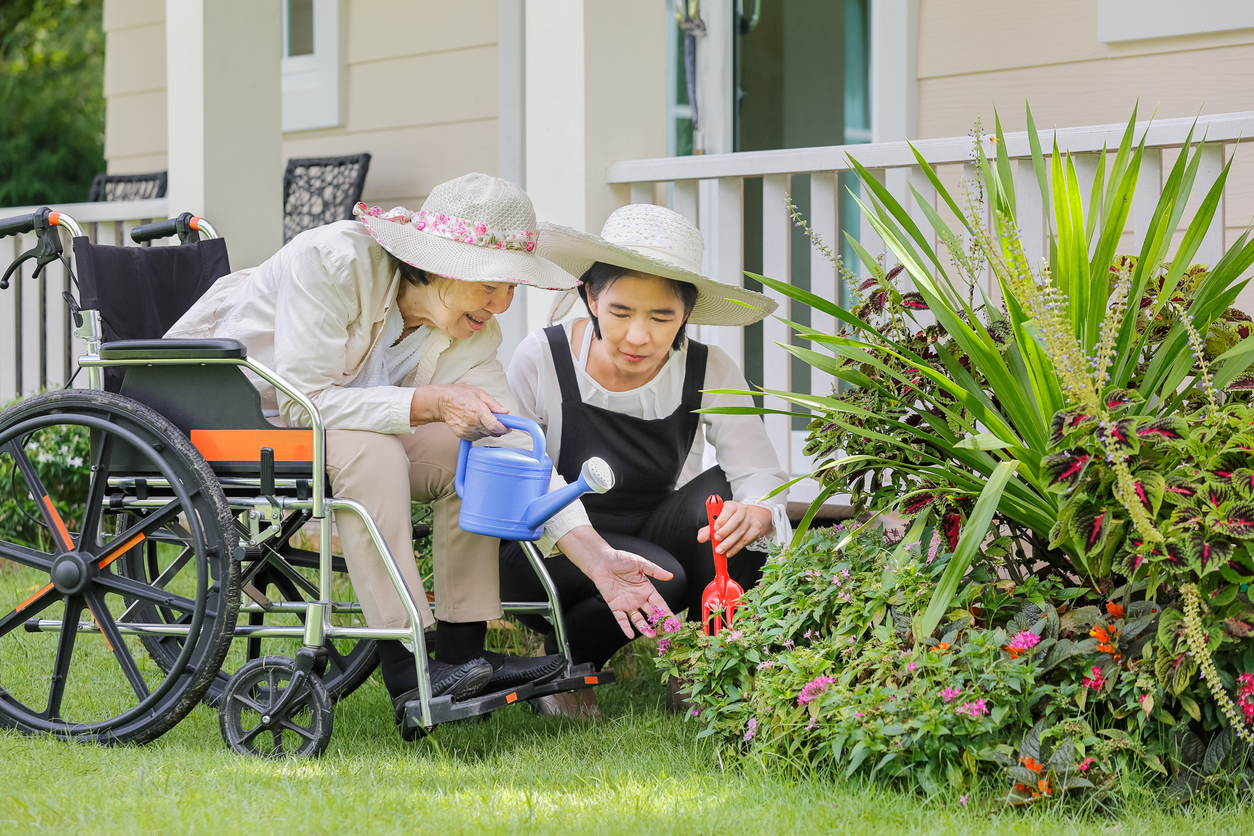
Written by Ms Deborah Rawlings. Lecturer. College of Nursing and Health Sciences
Family carers can be burdened physically, emotionally and financially when caring for someone at the end of life. Health and social care services cannot fulfil all of the needs of the dying, and are arguably not designed to do this, so if an individual wants to be cared for at home they need help. This can be provided to some extent informally via friends, extended family and neighbours, although in a society with increasing numbers of those ageing and dying there is an increasing reliance on this informal social care. (1) In public health palliative care arenas this often community-driven response (‘compassionate communities’), (2) is becoming more widely known and promoted, ultimately helping to address the unmet needs of the dying in our society. Within this, the death doula role has emerged and is becoming established in end of life care as one way of addressing gaps in care provision, however, what is not known is how the role intersects with formalised health and social care services, if at all.
A death doula (end of life doula, death midwife) has been described as a companion, mentor and advocate for those at the end of life. (3) The death doula role, arguably modelled on birth doulas (where a woman is supported before, during and after birth), is seen as a social not a medical role. Engaging a death doula may represent a way for the dying person to directly control their care through private arrangements, although with some death doulas working voluntarily support for those without funds is also enabled.
To understand more about the death doula role in end of life care we embarked on a research program. Our systematic review investigated current evidence on the role, (4) finding major gaps in the published academic literature. The review clearly identified grey areas including what the role entails, death doula training, their working relationships, and any financial arrangements in place. (4) We then invited death doulas to participate in an online survey which while not clarifying all ambiguities did show that each death doula works very differently with some commonalities, but mainly diversity, in what services they provide, financial arrangements, and what training they have received. While death doulas say that they take on roles that health providers don’t have time for, they are working without formalised or standardised training, supervision and in many cases support. (5)
Death doulas could potentially be incorporated into existing mainstream models of care or perhaps be aligned with services, although it is not clear what that could look like, (4) and if new models of care are emerging, then we need to understand the implications on care provision and on people at the end of life and the choices they make. The death doula role is evolving worldwide and appear to be a response to a system that is coping with unprecedented demand and changing expectations. In light of this, future research will explore the views of health professionals on the role, the views and experiences of death doulas, and of families who have sought a death doula for support with someone at the end of life.
References
1. Brown, L., & Walter, T. (2014). Towards a social model of end‐of‐life care. The British Journal of Social Work, 44(8), 2375–2390. https ://doi. org/10.1093/bjsw/bct087.
2. Abel, A. (2018). Compassionate communities and end of life care. Clinical Medicine, 18(1), 6–8. https ://doi.org/10.7861/clinm edici ne.18-1-6.
3. Elliot, H. (2014). Death doulas complement nursing care at the end of life. Nursing Times, 110, 34–35.
4. Rawlings D, Tieman J, Miller‐Lewis L, Swetenham K. (2018) What role do Death Doulas play in end‐of‐life care? A systematic review. Health Soc. Care Community. 2018;00:1–13. https://doi.org/10.1111/hsc.12660
5. Rawlings D, Litster, Miller-Lewis L, Tieman J, Swetenham K. The voices of death doulas about their role in end of life care. Health and Social Care in the Community. Published Early View Aug 26, 2019. DOI: 10.1111/hsc.12833
Subscribe to receive more information on the Research Centre for Palliative Care, Death and Dying.

